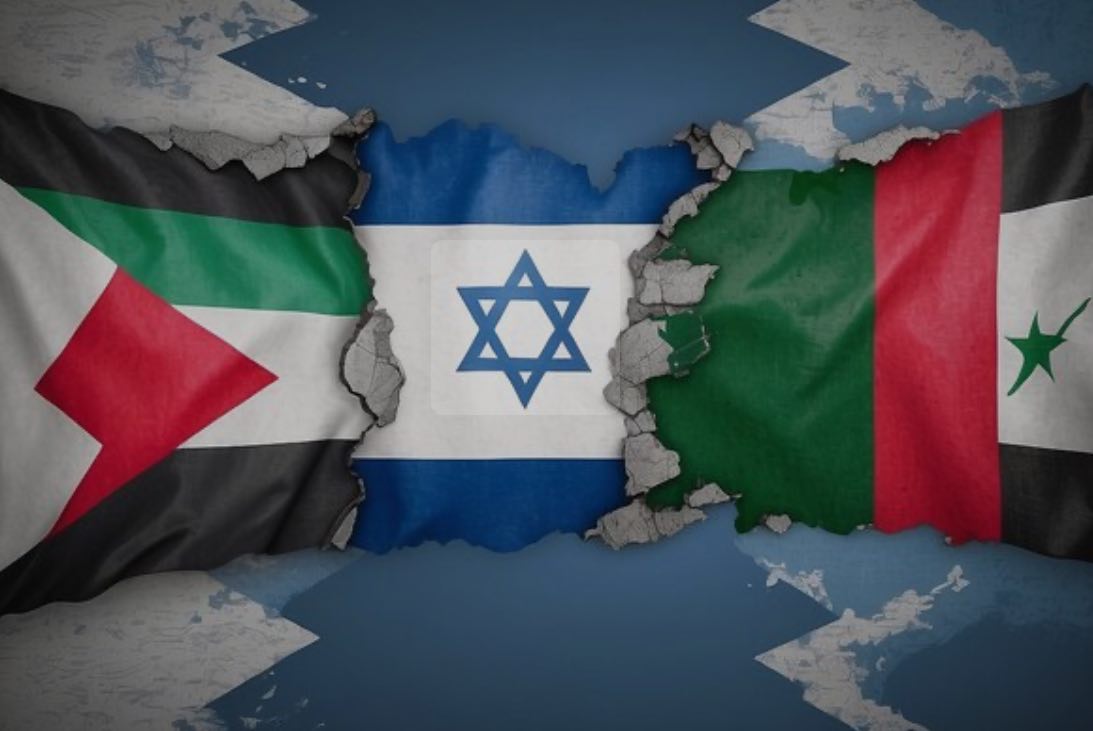Increase in Trade Between Islamic Countries and Israel
Increase in Trade Between Islamic Countries and Israel
Despite requests from Ireland, Spain, Belgium, Slovenia, and other countries for the European Union to reconsider its trade relations with Israel due to the ongoing aggression against Palestinians in Gaza, Israel’s foreign trade data for the first nine months of this year indicates a growth in trade with Arab countries and 14 other member countries of the Organization of Islamic Cooperation. This contradicts public calls to boycott products from countries that support Israel.
Of course, it is very important to boycott Israeli products because the imports of the 19 countries mentioned in the Israeli data amounted to 23 billion dollars.
Major parties in Ireland have called for a ban on the import of goods produced in illegal Israeli settlements. Ireland is one of Israel’s main trade partners, ranking eighth on this list.
We have not heard any similar calls from parties regarding the expansion of Egypt’s trade with Israel during the Gaza war and the supply of vegetables and fruits to compensate for the impacts on Israeli agriculture due to a shortage of workers. Egypt also exports cement to Israel to offset the shortage of Turkish cement.
The Ankara government halted the export and import of goods to and from Israel after the results of the municipal elections in May, where the ruling party’s share of the vote decreased.
This meant that between June and September, there was no export or import to or from Israel in Turkey’s foreign trade data for the first nine months of this year. As a result, Turkey’s exports to Israel fell by 65% and imports by 55% during this period.
This was confirmed by Israel’s data for the same nine months, indicating a 32% decrease in the value of Israel’s exports to Turkey and a 15% decrease in imports from Turkey.
Turkey’s rank among Israel’s target export countries fell from tenth last year to seventeenth in the past nine months, and Turkey’s position in imports from Israel dropped from fifth last year to thirteenth.
Turkey’s position in Israel’s overall trade list fell from fifth last year to fifteenth this year, while Turkey achieved a trade surplus in the data published by both sides.
Israel’s trade data included five Arab countries: the UAE, Egypt, Jordan, Morocco, and Bahrain, showing that the value of Israel’s trade with Bahrain increased 15 times, Morocco 53%, Egypt 52%, and the UAE 4%, with the total value of Israel’s trade with these five countries reaching 34 billion dollars, a 12% growth.
Israeli data also included the country’s trade activities with 14 other member countries of the Organization of Islamic Cooperation (OIC), showing that trade value with these countries, excluding Turkey, increased by 11%. Trade with Albania increased fivefold, Uzbekistan 65%, Nigeria 45%, Azerbaijan 34%, and Indonesia 25%, while trade with Malaysia, Cameroon, Senegal, Kazakhstan, Turkmenistan, Gabon, Ivory Coast, and Uganda decreased.
This situation helped alleviate the crisis in Israel’s foreign trade statistics.
Israel’s exports in the first nine months of this year decreased by 6% compared to the same period last year, and imports also decreased by 5%. Meanwhile, the value of Israel’s trade with 19 Arab and Islamic countries reached around 7 billion dollars over nine months, constituting 10% of Israel’s total trade with the world during those months. The share of Arab and Islamic countries is actually higher than this amount because the announced data does not include trade with the other 57 member countries of the Organization of Islamic Cooperation.
There are also significant differences between trade statistics based on Israeli data, which are lower, and Arab countries’ data, which are higher, with the trade value announced by the Egyptian side being much higher than what Israeli data reported for trade between the two sides.
While the data published by the Egyptian side covers foreign trade until July, trade with Israel in the first seven months of this year reached nearly 19 billion dollars, including 155 million dollars in exports and over 17 billion dollars in imports.
This made Israel rank ninth on the list of countries supplying goods to Egypt, while the total trade between the two countries based on Israeli data for the same seven months was only 431 million dollars, including 242 million dollars in exports to Egypt and 189 million dollars in imports from that country.
The Central Agency for Public Mobilization and Statistics (CAPMAS) in Cairo showed the details of goods exchanged between the two countries during those seven months.
Televisions worth 30 million dollars, cement 29 million dollars, chemical fertilizers 165 million dollars, fruits and vegetables 12 million dollars, polyethylene powders 6 million dollars, orange juice 4 million dollars, clothing 3 million dollars, and aluminum rods 2 million dollars were Egypt’s export items to Israel. Paper packaging, pants, glass panels, floor coverings, aromatic plants, and hookah tobacco were also among the export items.
Egypt’s imports from Israel during those nine months reached 1.728 billion dollars, with natural gas constituting 96% of this amount, valued at 1.664 billion dollars. The rest included 31 million dollars for diesel fuel and 19 million dollars for textiles.

